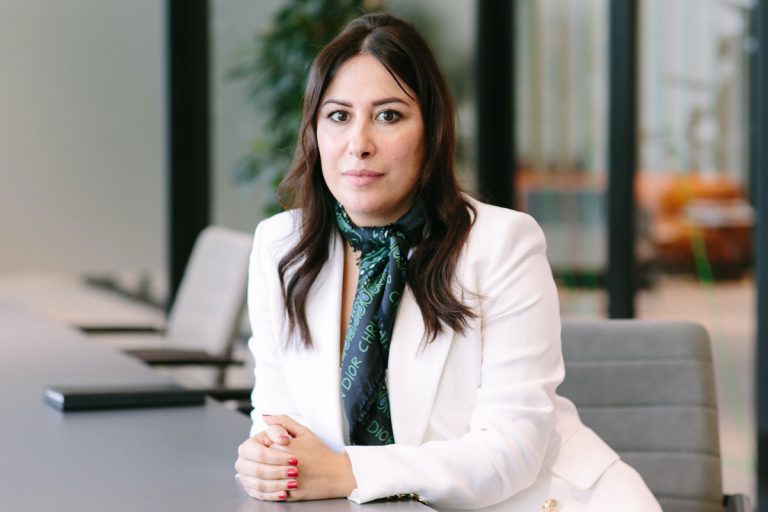Foundations are fast becoming a prominent investment structure in the UAE and are now available in the Dubai International Financial Centre, the Abu Dhabi Global Market and the RAK International Corporate Centre. But what are they and why use them? Rima Mrad from regional law firm, BSA, provides an overview.
Foundations are a form of a hybrid entity similar to both a private company and a trust structure. Combining the mechanisms of both, a foundation is established for beneficial purpose determined by the founder, yet it retains a corporate level of independent legal personality.
While popular for use in wealth management, foundations are well-suited to offer practical and flexible structures for a multitude of purposes including: private wealth management and preservation, succession planning, tax planning, charitable institutions, asset protection, corporate structuring and creditor protection.
Foundations consist of the following:
- A minimum of one founder (which can be an individual or legal entity)
- A council, formed by the founder and consisting of at least two members, to conduct the affairs of the foundation (similar to a board of directors)
- A guardian, appointed by the founder, to supervise the council and to ensure propriety
Why choose a foundation?
Foundations are exceptionally flexible and have a range of attributes that are attractive.
Independent legal personality: Unlike a typical trust, a foundation is able to hold the assets of the founder in the name of the foundation, offering improved asset protection measures. As the assets no longer belong to the founder, a level of ring-fencing protection is placed between the founder and their assets against creditors, governments or other family members.
.jpg?Lf6GRLNv)
Charitable or Philanthropic Purposes: With the benefit of customisable bylaws and charters, a foundation offers a means of oversight and adherence to the vision of the founder. A foundation can therefore be effectively utilised for charitable and philanthropic purposes.
Employee Share Schemes: Foundations can be used in the context of an employee share scheme whereby the shares of the employer company are held by the foundation. In lieu of granting actual shares to an employee rights or units within an employment share scheme are granted instead. The payment right granted to the employee in line with the scheme is linked to the value of the employers shares however said shares remain secure and held by the foundation.
Tax: Foundations in the UAE benefit from a favorable tax environment of 0 percent corporate tax, 0 percent personal income tax, as well as access to a wide network of double taxation treaties.

Compatibility: Foundations are permitted to own all classes of UAE asset, including property. Additionally, most international assets can be held including shares and investment portfolios. This enables founders to consolidate their assets and protect them.
Privacy: The beneficiaries of a foundation are kept confidential.
Flexibility: The Council can be located anywhere in the world.
Migration: Foundations from overseas can be migrated to the ADGM, DIFC or RAK ICC regimes.

No beneficial owner: A foundation is a self-owned entity or ‘orphan structure’ and therefore has no shareholders or members. This offers a layer of separation between the shareholders and the assets of the foundation. If you consider the example of a private company, shares are held by individual shareholders in their personal capacity and remain at risk of third-party arrangements, debts, and even probate or estate planning complications.
Beneficiaries: Can be individuals, corporate entities, a further foundation or even unnamed at the time of formation.
Legacy planning: Foundations are able to collate and hold assets across multiple jurisdictions including holding shares in an active company. To that end they can be used as a means of legacy planning ensuring smooth succession and business continuity from one generation to the next in a family business.
Islamic succession laws: With appropriate measures, foundations can be Sharia compliant.








